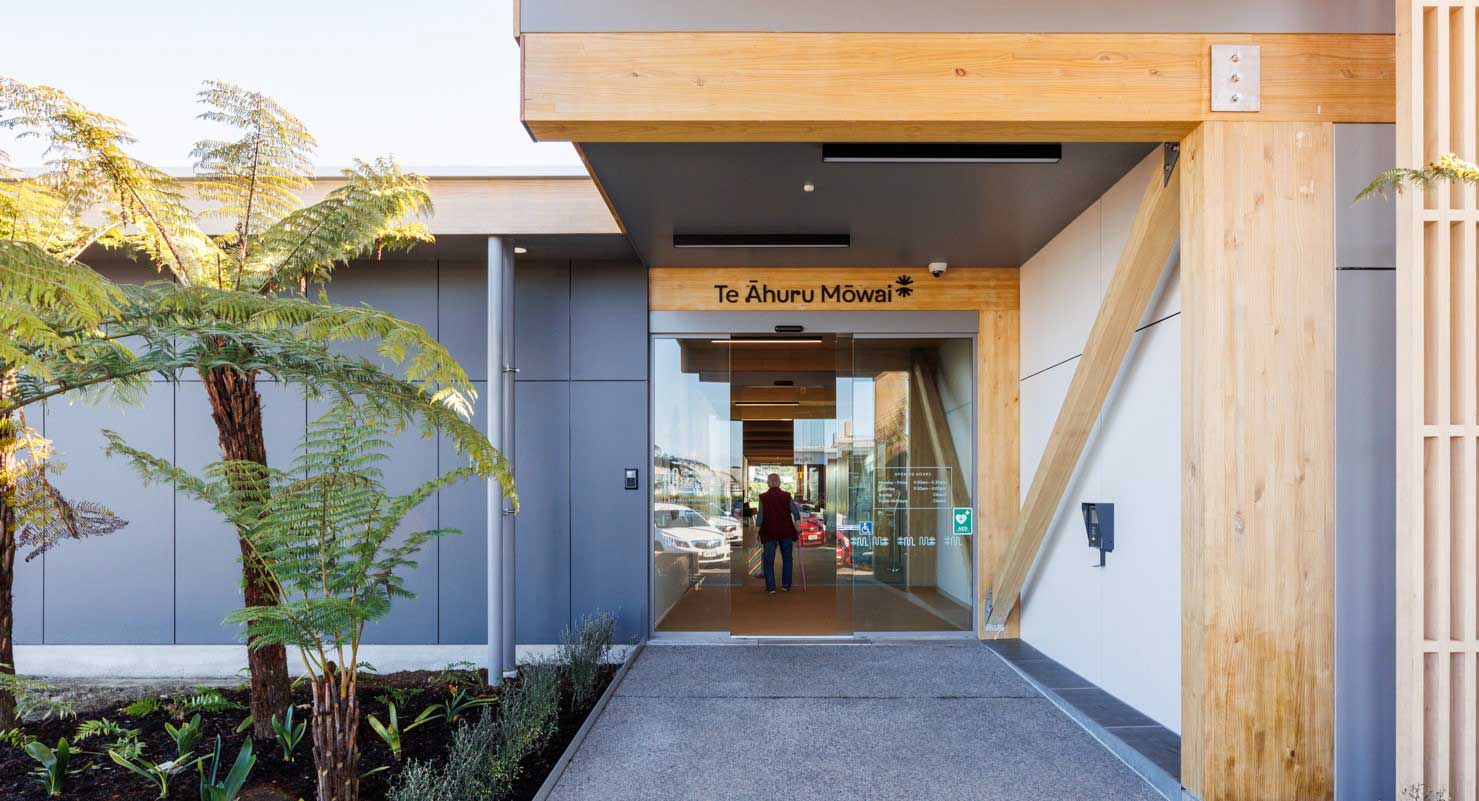open+ access increases library access by 166% in South Gloucestershire. Read more.

Challenge
Many of the South Gloucestershire library branches were only open a few days a week. The council needed to find an economical way to increase library access and offer extended hours.
Solution
After a successful pilot in one branch, South Gloucestershire implemented open+ access in nine library branches within a matter of weeks.
Result
With open+ access extended hours, South Gloucestershire has been able to increase open hours by 166%. Customers are delighted.
South Gloucestershire Library: open+ access increases library access by 166%
Published: January 2018
The South Gloucestershire Council operates 16 library branches in southwest England. They have an annual circulation of 1 million and welcome over 731,000 visitors a year.
How libraries should be used
In February of 2017, in an effort to increase customers’ access to the library and provide a higher level of service, South Gloucestershire implemented Bibliotheca’s open+ access in their Bradley Stoke branch. open+ access is a comprehensive solution that allows libraries to offer users access to library materials and facilities during unstaffed hours while controlling building access, security, and automation through one central management hub.
After experiencing the success of open+ access in the Bradley Stoke branch, South Gloucestershire installed open+ access in nine of its other branches, increasing open hours across the authority from 498 to 824, nearly 166%.
“People now have a choice,” Martin Burton says, Community Cultural Services Manager for South Gloucestershire Council. “They can come in when the library is staffed, which many people enjoy. But some people just want to come in, use the computers or loan books and the branches offer a lot more hours for that than before. It means the libraries we’ve got are now fully used all the time. They’re now used 7 days a week, which is how libraries should be used.”
Offering space and access for all
South Gloucestershire recently conducted a survey in which 74% of users said they’d recommend using open access to their friends. Though some were sceptical about how difficult the system would be to use, those worries proved unfounded.
“It’s been very straightforward. We haven’t had anyone who’s had trouble. In fact, many of our older customers use it on a regular basis,” Chris Lote says, Library Manager at the Emersons Green branch.
Tim Parfit, a regular library user, says, “It’s extremely easy to use. It’s easy to get in through the doors, and from there, you just use the library as normal.”
Before implementing open+ access, many of the South Gloucestershire branches were only open a few days a week, drastically limiting the community’s access to materials, equipment, and space. With the advent of open+ access, the libraries regularly welcome customers looking for a quiet place to work away from home, as well as students preparing for exams or working on assignments. But Lote says those aren’t the only happy customers.
“One of our customers has an autistic son who is very sensitive to noise. It was difficult for him to use the library because of all of the people and the stimulation. He told his mother that our library is now his dream library because he can come in after hours and have the library to himself. She was so appreciative that he now has an opportunity to use the library and feel safe and comfortable,” Chris Lote says.
The challenge and the opportunity
South Gloucestershire’s largest challenge was getting open+ access into nine libraries within ten weeks.
“We had a great group of organisations working together, so we were able to meet that timeline, but it was a lot of pressure,” Martin Burton says.
After his experience, he has recommendations for libraries considering a similar move to expanded hours.
“Talk to other authorities. Many libraries across England are using Bibliotheca’s open+ access and we’re all happy to share our experiences – there’s no need to reinvent the wheel. And remember to factor in all the costs; it’s not just the software, in some cases, there can be building costs as well.”
He also notes how important it is to get all key councils on board and communicate frequently with customers. “A move like this can be a bit controversial. Having support from our key councils allowed us to move forward confidently. Communicating, particularly over social media, allowed us to address customers’ concerns quickly,” he says.
open+ access has opened doors in South Gloucestershire. Now, the challenge is simply making sure everyone knows they are invited. “Our regular library users are already using open+ access,” Martin Burton says. “Now we’re focused on reaching those people who’ve never thought about using a library before because the hours were not convenient.”
“The dramatic increase in our circulation really drove our decision to convert to RFID and self-checkout,”
“The backend of quickConnect is amazing. We are absolutely in awe of how easy it is to customize the selfChecks. Whether we’re changing patron promotions or customizing language options, it’s so simple. It has nice big buttons, and it’s very attractive...."
You may also like
Insights + Trends

Stockport Libraries Lead the Way with the UK’s First Outdoor remoteLocker
Discover Stockport’s innovative outdoor remoteLocker, providing 24/7 access to library services and enhancing convenience for residents

Groundbreaking access: open+ in Manawatū Community Hub Libraries, New Zealand
Extended library access that is highly-used and applauded by the community.

Seamless Innovation: How Bibliotheca Transformed Library Services at the University of Manchester
Bibliotheca’s innovative library solutions have seamlessly integrated into the University of Manchester’s systems, enhancing accessibility and improving student experience.

